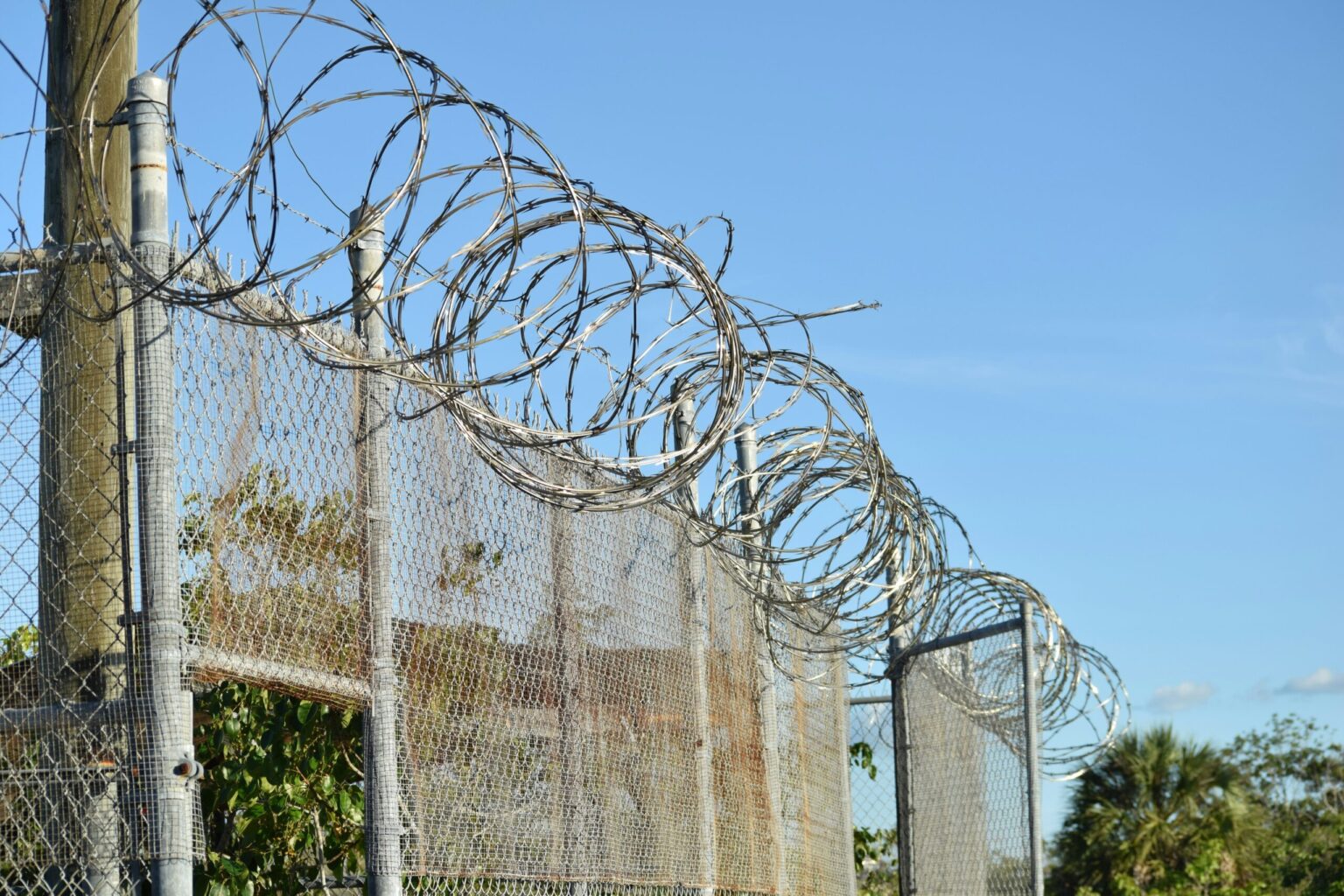On February 24, 2025, the U.S. government confirmed the transfer of 15 additional immigration detainees to the Guantánamo Bay detention facility in Cuba. This decision comes amid growing concerns and objections from human rights organizations, as the detainees had previously been held in U.S. immigration detention centers. The move is part of a controversial policy to send immigrants to Guantánamo, a site notorious for housing individuals accused of terrorism-related offenses and detained without trial.
The U.S. government has justified the move by claiming that the detainees pose a national security threat, necessitating their detention in a highly secure facility. However, this rationale has done little to quell the significant opposition from organizations such as the American Civil Liberties Union (ACLU) and Human Rights Watch. These groups have expressed their outrage, arguing that the transfer violates international law, specifically the prohibition against indefinite detention without charges or a trial. The global community has long criticized Guantánamo Bay for its use as a detention center where individuals are often held without due process, leading to accusations of human rights abuses.
The transfer of immigrants to such a controversial facility has sparked concerns about the potential erosion of legal protections for non-citizens. Human rights advocates fear that this action sets a dangerous precedent, which could result in further erosion of civil liberties and the normalization of indefinite detention. The decision to move individuals, primarily detained under immigration laws, to Guantánamo could signal a shift in how the U.S. government approaches immigration enforcement and the treatment of detainees.
In addition to the concerns over the legality of such transfers, there is a growing debate over the future of Guantánamo Bay itself. While the facility has been a central symbol of the United States’ approach to the War on Terror, many are calling for its closure due to the ongoing legal and ethical issues it raises. Critics argue that the continued expansion of Guantánamo could reinforce the perception of a two-tiered justice system, in which immigrants and non-citizens are subjected to harsher conditions than U.S. citizens, even though they may not have been accused of terrorism-related offenses.
The timing of these transfers coincides with increasing pressure on the Biden administration to enact meaningful reforms to the U.S. immigration system, particularly in addressing the treatment of detainees. Legal challenges are anticipated, with many advocates calling for the immediate release of those being transferred to Guantánamo or their relocation to civilian courts for trial. This development underscores the broader struggle for immigration reform in the U.S., as advocates and legal experts continue to push for a system that upholds the rights and dignity of all individuals, regardless of their immigration status.
